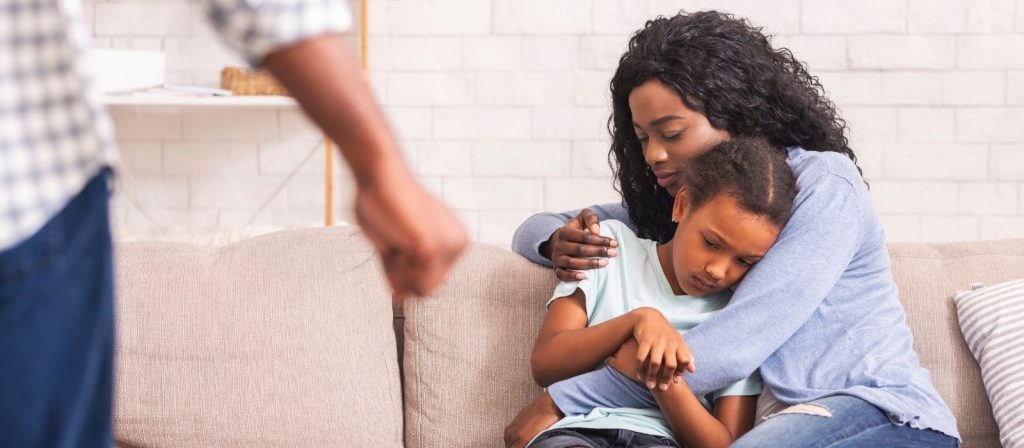Gender-based violence (GBV) is being reported yearly as a huge issue that affects millions of women and girls worldwide, with alarming statistics revealing the extent of this global problem. Annually, countless cases of violence against women are reported, shedding light on the urgent need for action to combat this violation of human rights.
GBV or violence against women and girls (VAWG) is a violation of human rights that knows no boundaries, impacting individuals across all socio-economic backgrounds. The statistics are alarming, with approximately one in three women experiencing physical and/or sexual intimate partner violence or non-partner sexual violence during their lifetime. Globally, 35% of women have faced intimate partner violence, while 7% have been sexually assaulted by someone other than a partner. Moreover, as many as 38% of murders of women are committed by an intimate partner.
In many African societies, patriarchal norms and unequal power dynamics contribute to the prevalence of GBV. These societal structures often perpetuate harmful gender stereotypes and condone violence against women and girls. The manifestations of GBV can range from intimate partner violence to harmful traditional practices like female genital mutilation and child marriage.
Survivors of GBV in Africa encounter numerous challenges when seeking justice and support. Stigma, lack of access to legal recourse, and social norms that blame victims rather than perpetrators can deter survivors from coming forward. Additionally, weak enforcement of laws and inadequate support services further compound the difficulties faced by those affected by GBV.
In recent years, innovative approaches have emerged to combat GBV in Africa. Technology is being leveraged to provide helplines for survivors, facilitate reporting mechanisms, and disseminate information on rights and services. Community-based interventions that engage men and boys in conversations about masculinity and gender equality are also proving effective in shifting attitudes towards violence.
In March 2024, UNESCO launched a campaign to end GBV in higher education institutions targeting East and Southern Africa. The UNESCO Safer Campuses campaign focuses on engaging all tertiary education stakeholders – government ministries, administrators, students, staff, management and campus ecosystems – to take action and work towards ending GBV by breaking the silence on this important issue. The campaign uses various elements and channels to encourage audiences to break the silence and take action against GBV – including a Pledge, activations, dialogues and debates, and the sharing of Survivor stories.
However GBV is a call for action which requires sustained efforts from governments, organizations, communities, and individuals to combat effectively. By promoting gender equality, challenging harmful norms, providing support services for survivors, and holding perpetrators accountable, we can work towards a world free from gender-based violence.



